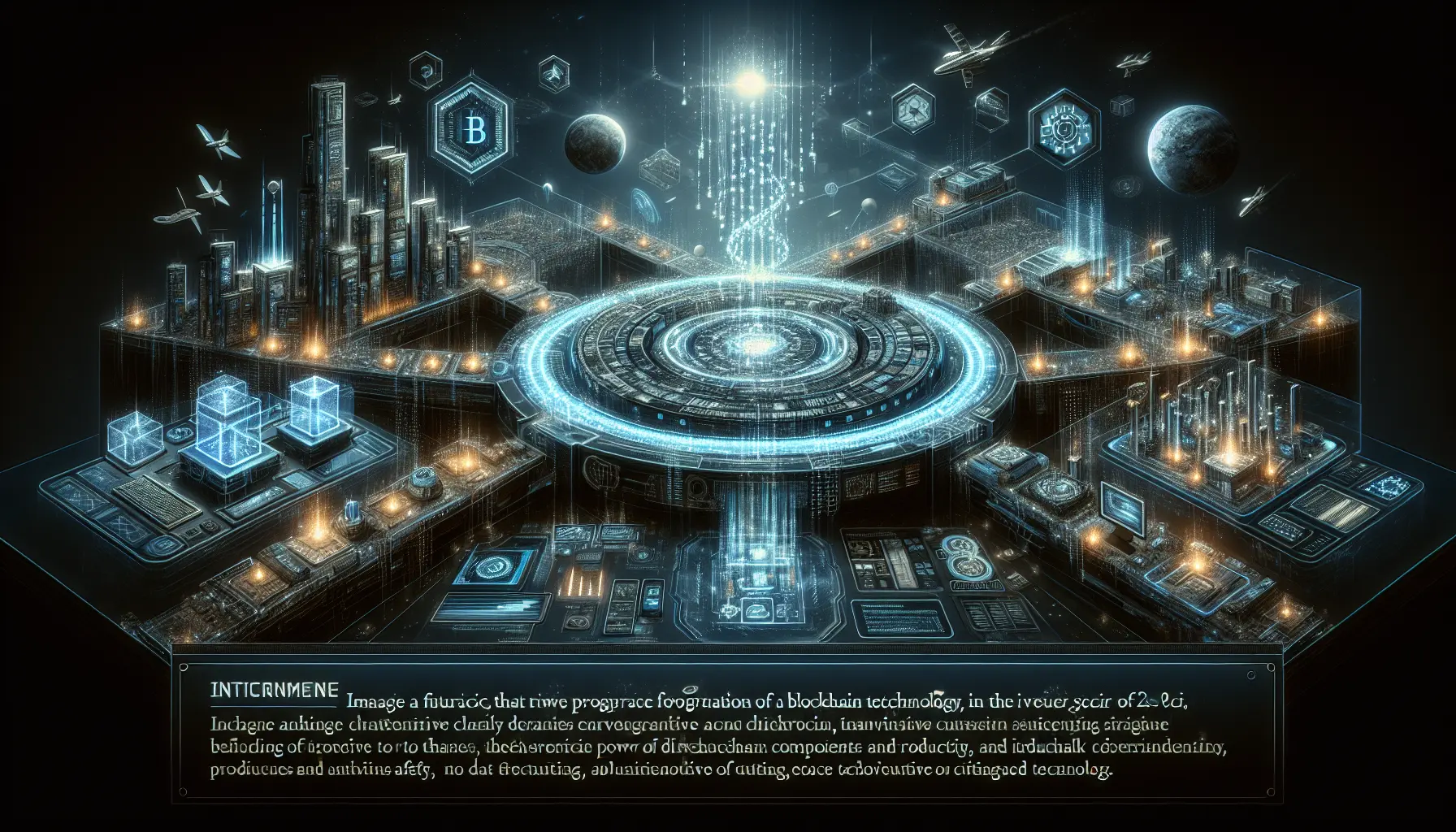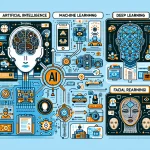
Estimated reading time: 8 minutes
Key Takeaways
- Blockchain Evolution: Blockchain technology is rapidly evolving, impacting various industries.
- Innovative Projects: Projects like VeriChain and MedLedger are leading the way in supply chain and healthcare solutions.
- Emerging Startups: New startups are addressing current blockchain limitations and expanding its applications.
- Future Trends: Expect mainstream adoption and integration with AI and IoT technologies by 2025.
- Implementation Challenges: Organizations must navigate regulatory and technical challenges for successful integration.
Table of Contents
- Understanding the Blockchain Revolution
- Core Technology Breakthroughs
- Top Blockchain Projects Revolutionizing Industries
- Emerging Blockchain Startups 2025
- Promising Blockchain Tech Innovations
- Industry Applications and Use Cases
- Overcoming Implementation Challenges
- Future Outlook and Opportunities
- Taking Action
- Frequently Asked Questions
Understanding the Blockchain Revolution
Blockchain technology represents a fundamental shift in how we handle digital transactions and data. At its core, blockchain functions as an immutable, decentralized digital ledger that records transactions across peer-to-peer networks with unprecedented security and transparency. Source
The technology has evolved dramatically since its inception with Bitcoin. Today, blockchain applications span industries from finance to healthcare, with new use cases emerging regularly. This article explores the most promising blockchain projects and innovations set to make waves by 2025.
Core Technology Breakthroughs
The foundation of blockchain relies on distributed ledger technology, where each transaction creates a new block in an unbreakable chain. This architecture ensures data integrity and eliminates the need for intermediaries. Source
- Improved consensus mechanisms beyond Proof of Work
- Advanced smart contract capabilities
- Enhanced scalability solutions
- Greater energy efficiency
Top Blockchain Projects Revolutionizing Industries
Several innovative projects are positioned to transform how businesses operate by 2025:
Supply Chain Solutions
VeriChain is developing blockchain-based tracking systems that provide end-to-end visibility for global supply chains. Their platform enables real-time monitoring of goods from source to destination. Source
Healthcare Data Management
MedLedger creates secure, interoperable health record systems that give patients control over their medical data while ensuring healthcare providers have accurate, up-to-date information. Source
Financial Services
DeFi Platform Alpha introduces automated market makers and lending protocols that reduce traditional banking friction points. Source
Emerging Blockchain Startups 2025
Watch these promising newcomers:
- BlockGrid: Developing scalable infrastructure for enterprise blockchain adoption
- TokenFlow: Creating seamless cross-chain communication protocols
- SecureChain: Implementing advanced cryptographic security measures
These startups focus on solving current blockchain limitations while expanding practical applications across industries.
Promising Blockchain Tech Innovations
Key technological advances driving future growth:
Layer 2 Solutions
New scaling technologies enable thousands of transactions per second while maintaining decentralization and security.
Cross-Chain Integration
Improved protocols allow different blockchain networks to communicate and transfer assets seamlessly.
Smart Contract Evolution
Advanced programming capabilities enable more complex automated transactions and agreements.
Industry Applications and Use Cases
Blockchain adoption continues expanding across sectors:
- Financial Services: Automated lending, real-time settlements
- Healthcare: Secure patient data sharing
- Government: Digital identity management
- Manufacturing: Supply chain optimization
Overcoming Implementation Challenges
Success in 2025 requires addressing several key obstacles:
- Regulatory compliance and standardization
- Technical scalability requirements
- Integration with legacy systems
- Energy consumption concerns
Future Outlook and Opportunities
The blockchain landscape in 2025 will likely feature:
- Mainstream enterprise adoption
- Improved user interfaces and experiences
- Integration with AI and IoT technologies
- New business models and revenue streams
Taking Action
Organizations preparing for blockchain integration should:
- Assess specific use cases for their industry
- Develop technical expertise in-house
- Partner with established blockchain providers
- Start small and scale gradually
The blockchain projects of 2025 will build upon current foundations while introducing innovative solutions to existing challenges. By staying informed about these developments, organizations can position themselves to benefit from this transformative technology.
Subscribe to our newsletter for regular updates on blockchain innovations and implementation strategies. Share this article with colleagues interested in staying ahead of technological advances.
Frequently Asked Questions
What is blockchain technology?
Blockchain technology is a decentralized digital ledger that records transactions across multiple computers, ensuring security and transparency.
How does blockchain improve security?
Blockchain enhances security by using cryptographic techniques to secure data and by eliminating the need for a central authority.
What industries are adopting blockchain?
Industries such as finance, healthcare, supply chain, and government are increasingly adopting blockchain technology for various applications.
What are smart contracts?
Smart contracts are self-executing contracts with the terms of the agreement directly written into code, enabling automated transactions.
What challenges does blockchain face?
Blockchain faces challenges such as regulatory compliance, scalability, and energy consumption that need to be addressed for widespread adoption.









